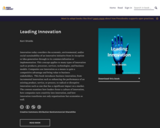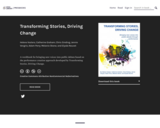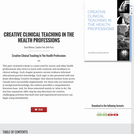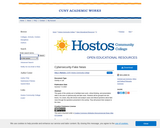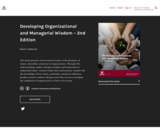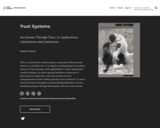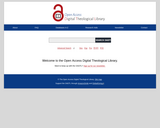Short Description:
This peer reviewed e-book is a must-read for nurses and other health professionals who strive to teach with creativity and excellence in clinical settings. Each chapter presents current evidence informed educational practice knowledge. Each topic is also presented with text boxes describing ‘Creative Strategies’ that clinical teachers from across Canada have successfully implemented. For those who are interested in background knowledge, the authors provided a comprehensive literature base. And, for those interested mainly in 'what to do,' the text box summaries offer step-by-step directions for creative, challenging activities that both new and experienced instructors can begin using immediately.
Long Description:
About the Book
This peer reviewed e-book is a must-read for nurses and other health professionals who strive to teach with creativity and excellence in clinical settings. Each chapter presents current evidence informed educational practice knowledge. Each topic is also presented with text boxes describing ‘Creative Strategies’ that clinical teachers from across Canada have successfully implemented. For those who are interested in background knowledge, the authors provided a comprehensive literature base. And, for those interested mainly in ‘what to do,’ the text box summaries offer step-by-step directions for creative, challenging activities that both new and experienced instructors can begin using immediately.
The authors also address other issues familiar to clinical teachers. How do the theoretical foundations of teaching apply to clinical learning environments? How does one articulate a personal philosophy of teaching? How can clinical teachers support and socialize students towards becoming competent professionals? How can technology assist clinical instruction? What are the best methods of evaluating student progress in clinical ‘classrooms?’ What can preceptors do to promote student success? By considering these and other concerns, and by providing the kinds of practical strategies that can begin to resolve them, this open educational resource will be invaluable to clinical teachers from a variety of different disciplines and health care settings.
About the Authors
Sherri Melrose, Caroline Park, and Beth Perry teach in the Faculty of Health Disciplines at Athabasca University. Melrose has published widely on educating health professionals, facilitates a graduate course in clinical teaching and is a winner of the Canadian Association of Schools of Nursing Award for Excellence in Nursing Education. Park, currently the Chair of Graduate Programs, has taught in a variety of nurse education settings and leads research projects related to technology enhanced clinical education and mobile learning. Perry is an established author and is the principal investigator of a SSHRC-funded study exploring artistic pedagogical technologies. Perry is also a winner of the Canadian Association of Schools of Nursing Award for Excellence in Nursing Education.
Recommended Citation
Melrose, S., Park, C. & Perry, B. (2015). Creative clinical teaching in the health professions. Retrieved from https://clinicalteaching.pressbooks.com
Word Count: 108788
(Note: This resource's metadata has been created automatically by reformatting and/or combining the information that the author initially provided as part of a bulk import process.)

